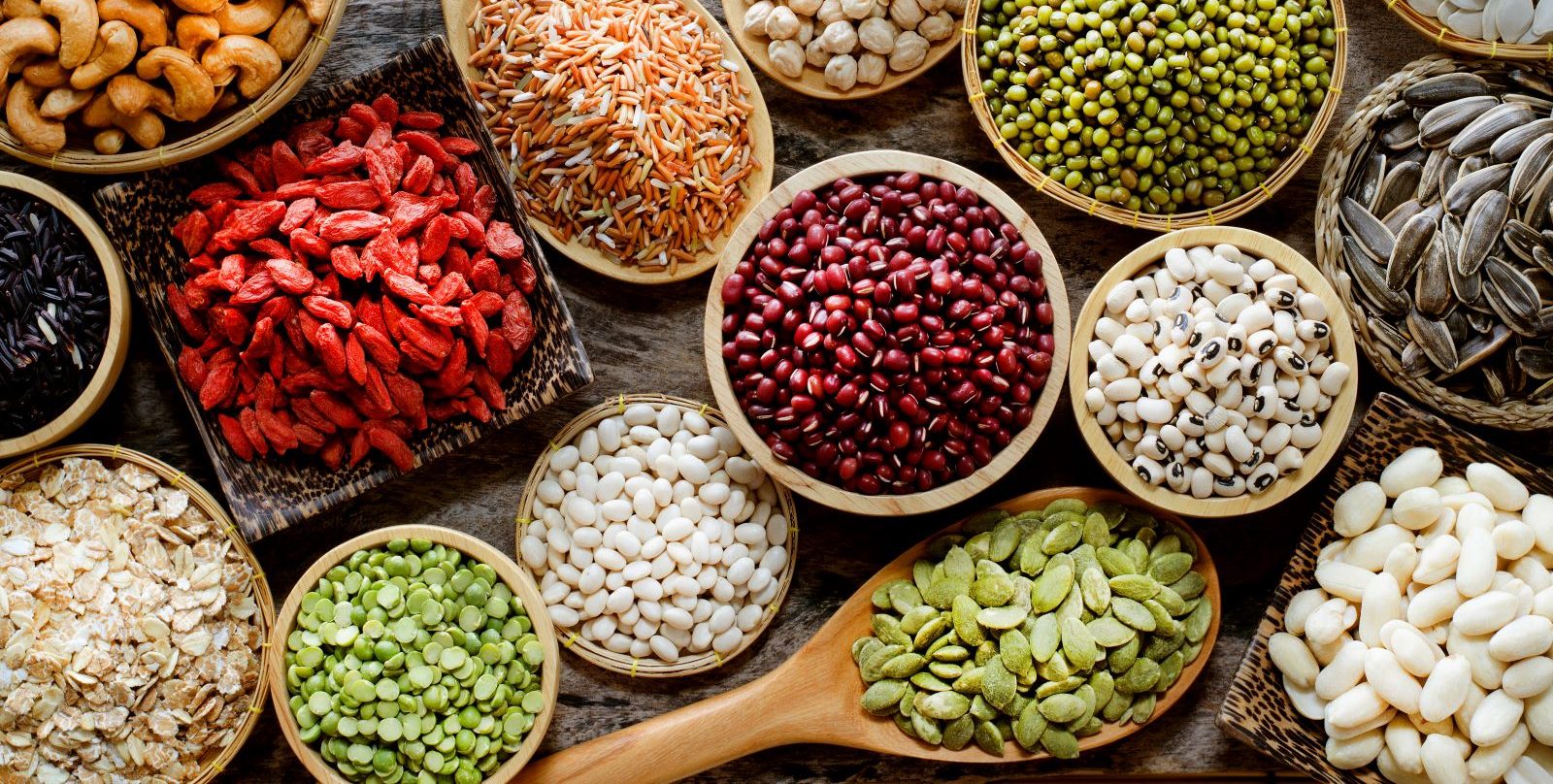Protein provides the boost needed for building or repairing muscle. But does it matter whether you choose animal- or plant-based protein sources?
Although many once considered animal-based protein more effective for muscle mass growth, new research shows a vegan diet drawing protein from products like nuts and beans can be just as helpful.
“Eating a variety of plant-based protein sources gives us the protein and amino acids we need,” says Melissa Keeney, RDN, a Hartford HealthCare registered dietitian nutritionist in Westport.
Keeney explains the importance of diet in fueling our workouts and recovery, and why you should consider adding plant protein to your diet – even if you’re not a vegan.
The role of protein
Protein, Keeney explains, helps build muscle when combined with regular resistance training using free weights, weight machines, resistance bands or body weight. Protein also helps:
- Repair muscle
- Heal skin
- Transport nutrients
- Act as enzymes and hormones
But protein by itself isn’t enough, explains Keeney.
“Simply eating protein will not give you bigger or stronger muscles. Eating well-balanced meals including a carbohydrate, fat and fiber with your protein helps build and repair muscle.”
The benefits of plant-based protein
The fact that plant-based protein is as beneficial as animal-based was not surprising to Keeney.
“Many professional athletes at the top of their game attribute their success to more plant-based diets,” Keeney says.
In addition to building muscle, plant-based foods can help:
- Decrease risk of heart disease, type 2 diabetes and cancer
- Improve sleep, immune function and digestive health
“However, it does not need to be all-or-nothing. Adding more plant-based proteins can be beneficial,” Keeney says.
> Related: Are Plant-Based Options at Fast Food Restaurants a Healthier Choice?
How to add plant protein to your diet
Plant-based protein sources, Keeney explains, include:
- Nuts and nut butters
- Seeds
- Beans
- Soy
- Edamame
- Quinoa
- Tofu
“While protein drinks and bars work in a pinch, whole food sources are better absorbed, have more nutrients, and are less expensive,” she says.
Fueling your exercise
While the research examined protein with resistance training, Keeney says understanding your body’s needs during different types of exercise can help achieve your fitness goals.
“Fueling is very individualized depending on what type of exercise you are doing, the intensity and the length of time you are exercising,” she says.
Before exercising, she suggests fueling muscles with quick energy carbohydrates like:
- Banana
- Low-fiber granola bar
- Cereal
After exercising, replenish your body with a mix of carbohydrates and protein like:
- Chocolate milk (regular or soy)
- Overnight oats made with Greek yogurt
- Peanut butter and jelly sandwich
To optimize your nutrition and performance, try meeting with a registered dietitian-nutritionist who can help you create a personalized food plan.



